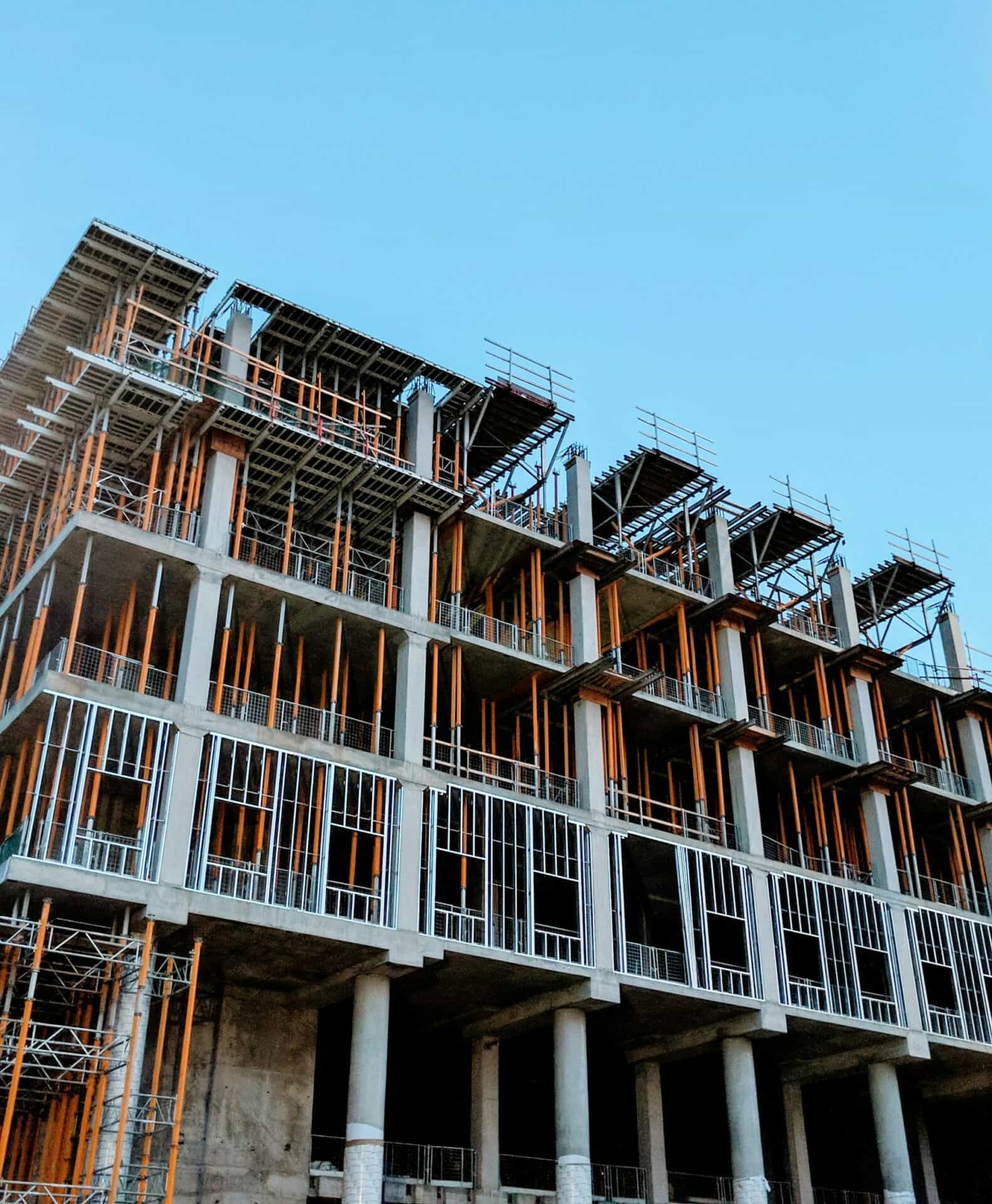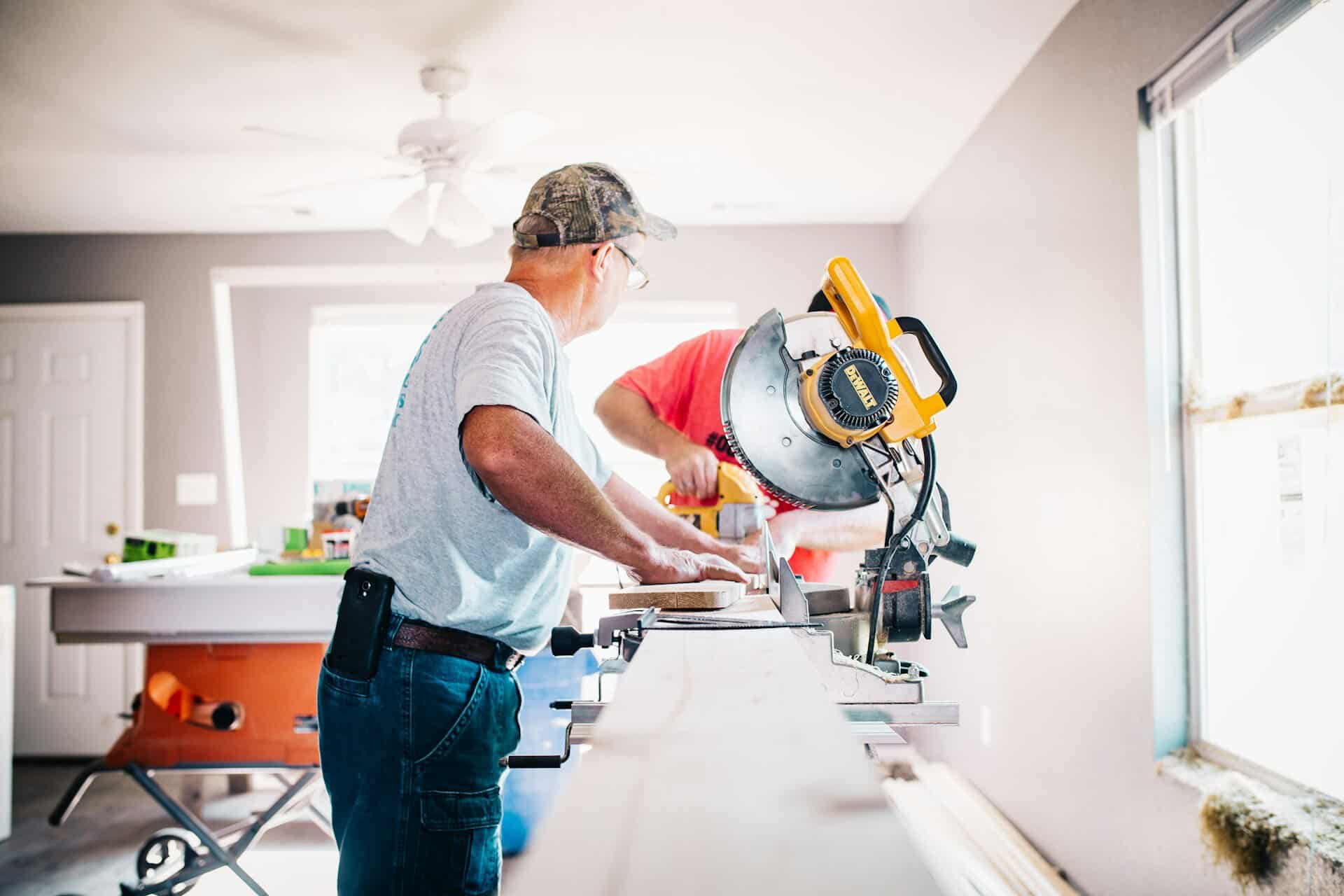The Australian housing market has been booming in recent years, with prices rising steadily in most major cities. As a result, many people who own their own homes are exploring switching to an investment property.
Making the switch from an owner-occupied property to an investment property can be a great way to secure your financial future. For example, by renting out your property, you’ll be able to generate rental income that can help to cover your mortgage payments and other expenses.
And, if you’re able to maintain a positive cash flow, you may even be able to build up a nest egg for retirement. Of course, there are some risks associated with investment properties, but with careful planning and research, you can mitigate these to meet your personal objectives.
So, if you’re thinking of switching from owner-occupied to investment property, here are a few considerations you should factor into your decision.
Make Sure You Can Afford to Have and Maintain an Investment Property
When considering whether or not to turn your home into an investment property, there are several factors to review. First and foremost, you need to ensure you can afford it as your living expenses are likely to increase.
If you choose to buy a second property, you’ll have two mortgages and two sets of loan repayments. Or, if you choose to “rentvest” until you find a suitable new home, you’ll be paying rent yourself while also shouldering the cost of your old mortgage. Additionally, you’ll need to factor in the cost of maintaining and repairing your rental property, perhaps only partially supplemented by your new rental income.
All these costs can add up, so it’s important to do your research before deciding to become an investment property owner. However, if you’re careful and mindful of the potential expenses, renting out your home can be a great way to supplement your income and help you reach your financial goals.
Is Your Home Appealing to the Rental Market?
It’s easy to get attached to your home. After all, it’s where you’ve made so many memories with your friends and family, so it’s easy to overlook the practical aspects when emotionally attached to your property.
But if you want to maximise your chances of finding a tenant, you need to objectively analyse your rental appeal.

Take a step back and consider your home’s desirability from a renter’s perspective:
- Is it close to public transportation and other amenities?
- What about the condition of your home, is it well-maintained?
- Are there any major repairs required?
- Think about the price you’re asking for rent – is it aligned with similar properties in the area?
These are all crucial factors that can impact your rental yield. By being honest with yourself, you can set realistic expectations for your rental property and ensure it appeals to the widest range of potential renters (or at least make you aware of the associated costs to get you there).
Consider the Tax Implications of a Rental Property
As an investor, one of the things you need to consider is the tax implications that weren’t necessarily a factor in being an owner-occupier. When it comes to property investment, there are several new taxation elements to consider.
All investment property owners must pay tax on their property earnings. The four main types of investment property tax are:
- Capital gains tax
- Stamp duty tax
- Land tax
- Income tax
Capital gains tax is paid on any profits you make when you sell an investment property, whereas stamp duty tax is paid on the purchase price of your property. Land tax relates to an amount based on the value of your land, and income tax is taken from the rental income you earn from your property.
All four of these taxes must be paid to own an investment property.
The ATO does, however, offer various tax deductions to offset some of the cost of these taxes. For example, you may be able to claim deductions for repairs and maintenance, property management fees, interest payments, depreciation, and more.
Be sure to check out our guide to the 20 property tax deductions you can claim to minimise the tax you have to pay on your investment property and maximise your return on investment.
Changing your Owner-Occupied Home Loan to an Investment Home Loan
When taking out a home loan in Australia, you are typically required to declare whether the property is for owner-occupied or investment purposes. This is because owner-occupied properties are considered to be less of a risk than investment properties, and lenders or a credit provider will typically offer lower interest rates for owner-occupied mortgages compared to investment home loans.
If you later decide to rent out your owner-occupied property, you will need to notify your relevant credit provider and change the home loan to an investment loan. Otherwise, you may be in breach of your loan contract. Therefore, if you’re considering using your home as an investment property, it’s important to be aware of the potential implications for your owner-occupier loan.
Claiming Depreciation Can Make a Significant Difference to Your Bottom Line
When investing in property, several tax benefits can help offset the cost of ownership. One of the biggest deductions is for property depreciation.
Depreciation is a non-cash deduction allowing you to claim a portion of the cost of your investment property over its useful life. This deduction can be significant and is one of the main reasons why investing in property can be such a powerful wealth-building strategy.
To take advantage of this deduction, you’ll need to contact a quantity surveyor to create a depreciation schedule. This schedule will identify your capital works deductions and itemise all the eligible plant and equipment items on your property, as well as their estimated useful life. By depreciating these items, you can reduce your taxable income and potentially save thousands of dollars each year.
So if you’re looking to maximise your return on investment, be sure to speak to a quantity surveyor about creating a depreciation schedule.
Key Takeaways
The decision to switch from an owner-occupied to an investment property is not one to be taken lightly. There are several key factors to consider, and the process can be complex. Here are some key takeaways:
- It’s important to consult with a tax advisor to understand the implications of the switch.
- The rental market in the area should be researched to ensure there is demand for rental properties.
- Consider all your tax implications and the implications of investment loans.
- You need to make sure that you can handle the day-to-day operations of the rental property.
- Order a tax depreciation schedule and take advantage of all the other ATO deductions available to you.
Making the switch from an owner-occupied to an investment property can be a great way to generate additional income, but it’s important to do your homework first. By taking the time to understand the process and consulting with experts, you can make sure that switching is the right move for you.
Here at Duo Tax, we are experienced in preparing tax depreciation schedules for a range of properties, and we can work with you to maximise your deductions based on your individual circumstances. We can also provide you with ongoing support to ensure that you claim all the deductions to which you’re entitled.
So if you’re looking for help with your tax depreciation schedule, contact Duo Tax today. We’ll be happy to discuss your requirements and provide you with a no-obligation quote.

Ready to get started?
Talk to one of our friendly property experts to get a free quote or more Information.










